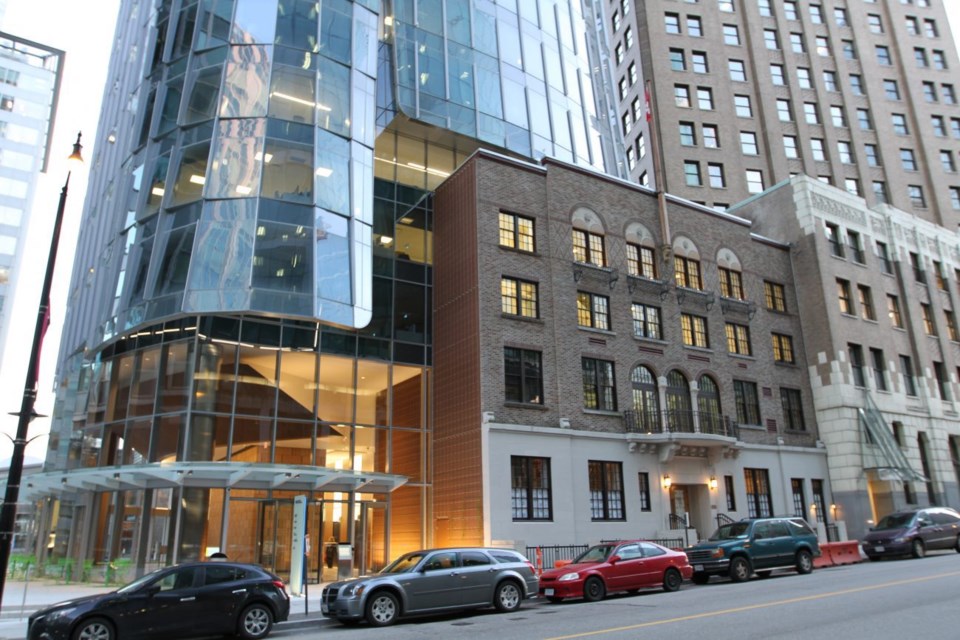Office and industrial sectors saw the fewest tenants seeking rent relief in April, while requests for rental help is exploding among retail tenants due to COVID-19 closures, according to a national survey released May 1.
Colliers Real Estate Management Services (REMS) undertook the national assessment of all the tenants in its managed portfolio of over 67 million square feet across Canada. The makeup included office, industrial and retail projects.
The survey found that 15.7 per cent of office tenants requested relief from rent in April, followed by 19.7 per cent of industrial tenants and 39.7 per cent of those in the retail sector.
The sector with the lowest amount of tenants seeking a rent deferral or reduction was in the mixed-use category, at 14.2 per cent.
Overall, office assets are benefitting from the number of tenants whose employees can work remotely Colliers notes, adding that 67 per cent of office buildings remain open in some form during the pandemic.
Class C offices have seen the most business closures and the least number of tenants operating remotely. Subsequently, Class C tenants, at 17.6 per cent, were more likely than Class A or B tenants to ask for rent deferrals.
In the industrial sector, flex industrial assets – which often have tenants in the light industrial category, which may include design firms or light fabricators – are the hardest hit of the industrial asset class with 22.7 per cent of tenants requesting rent relief. This is mostly associated with a higher portion of small businesses, as 34 per cent of flex tenants are in that category. In comparison, only 14 per cent of tenants in warehouse/distribution assets asked for rental assistance.
Retail has seen the highest demand for rent relief, but the level of need differs among asset classes. Regional malls, many of which were closed in April under pandemic restrictions, saw requests for rent relief from nearly 50 per cent of tenants. Podium-level retail in mixed-use projects had the lowest requests for rent relief, but even it was at 28 per cent, the survey found.
Retail rental defaults could soar, Colliers warns, if stores must remain closed.
“For each additional day of closures, we are seeing a 1 per cent to 2 per cent increase in rent relief requests, on average. Assuming this trend were to continue for the next 30 days, we would anticipate May rent relief requests to nearly double for the highest risk category: retail small businesses that are closed, “Colliers cautioned. A recent survey of small businesses in Toronto found that 72 per cent will not be able to fully pay May’s rent, the report noted.



